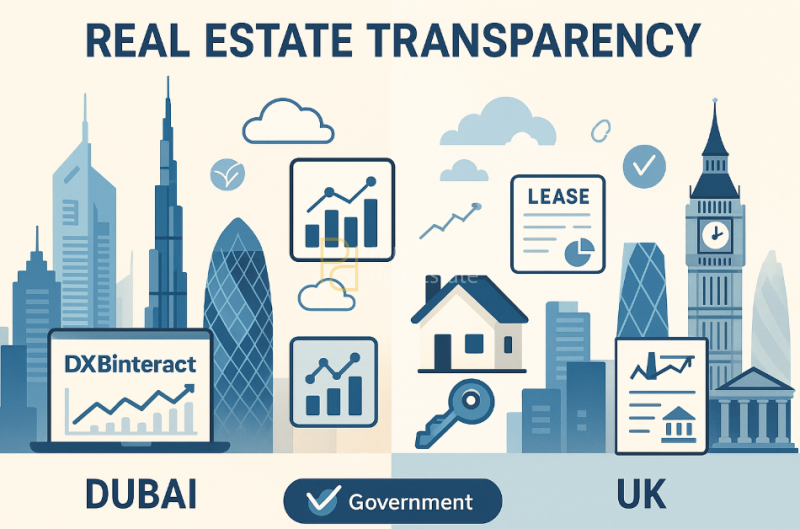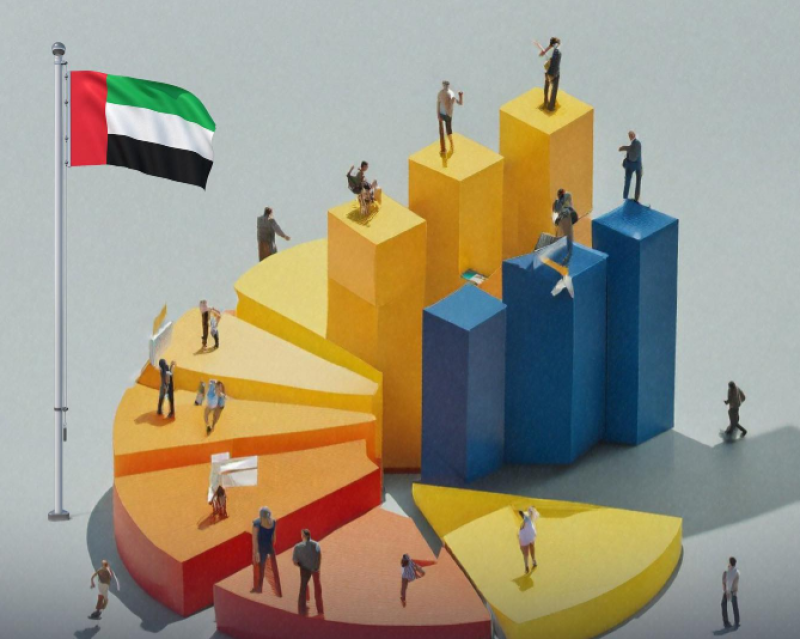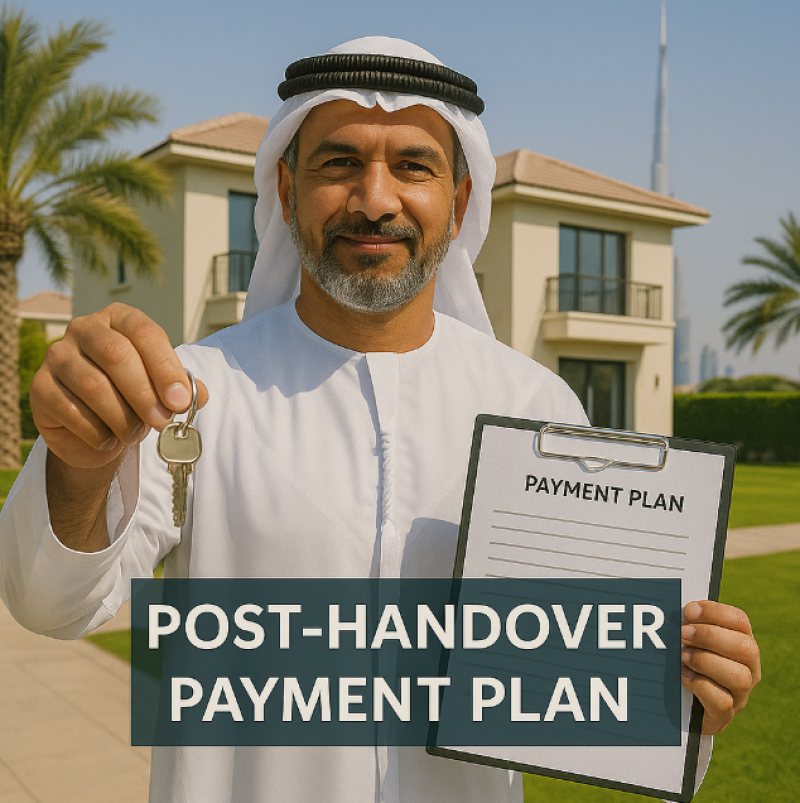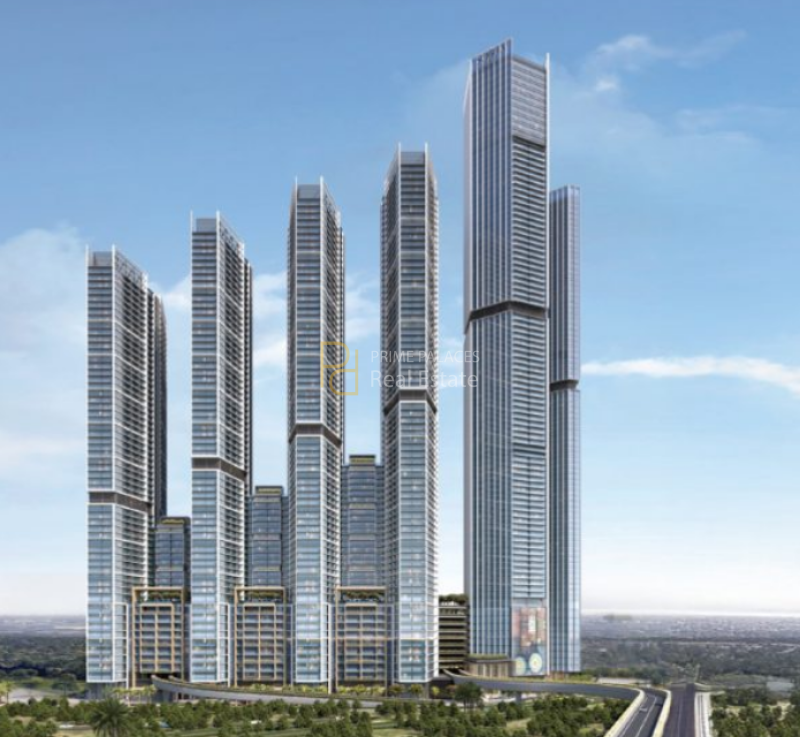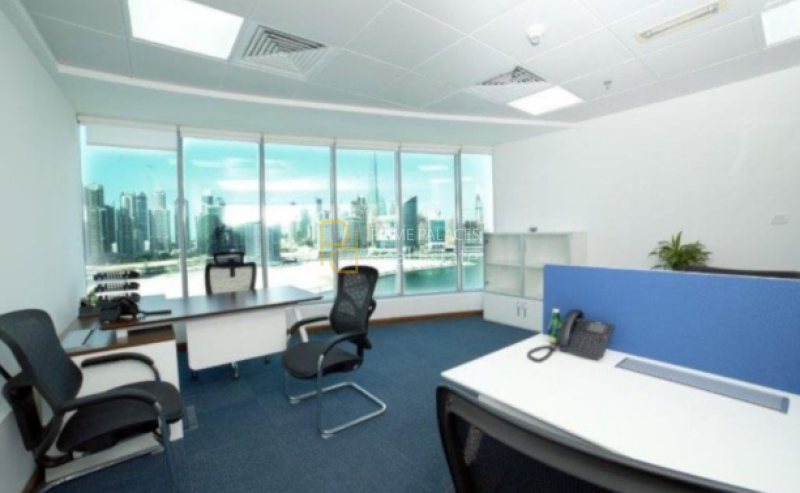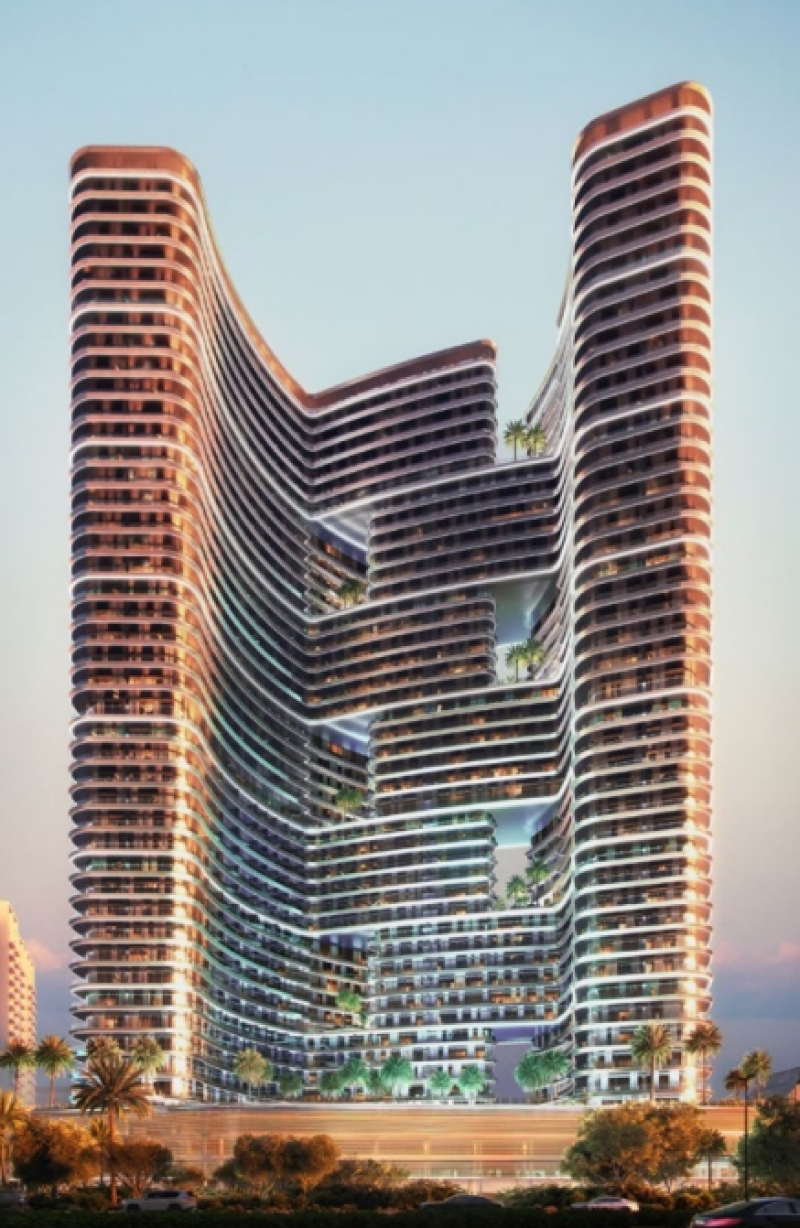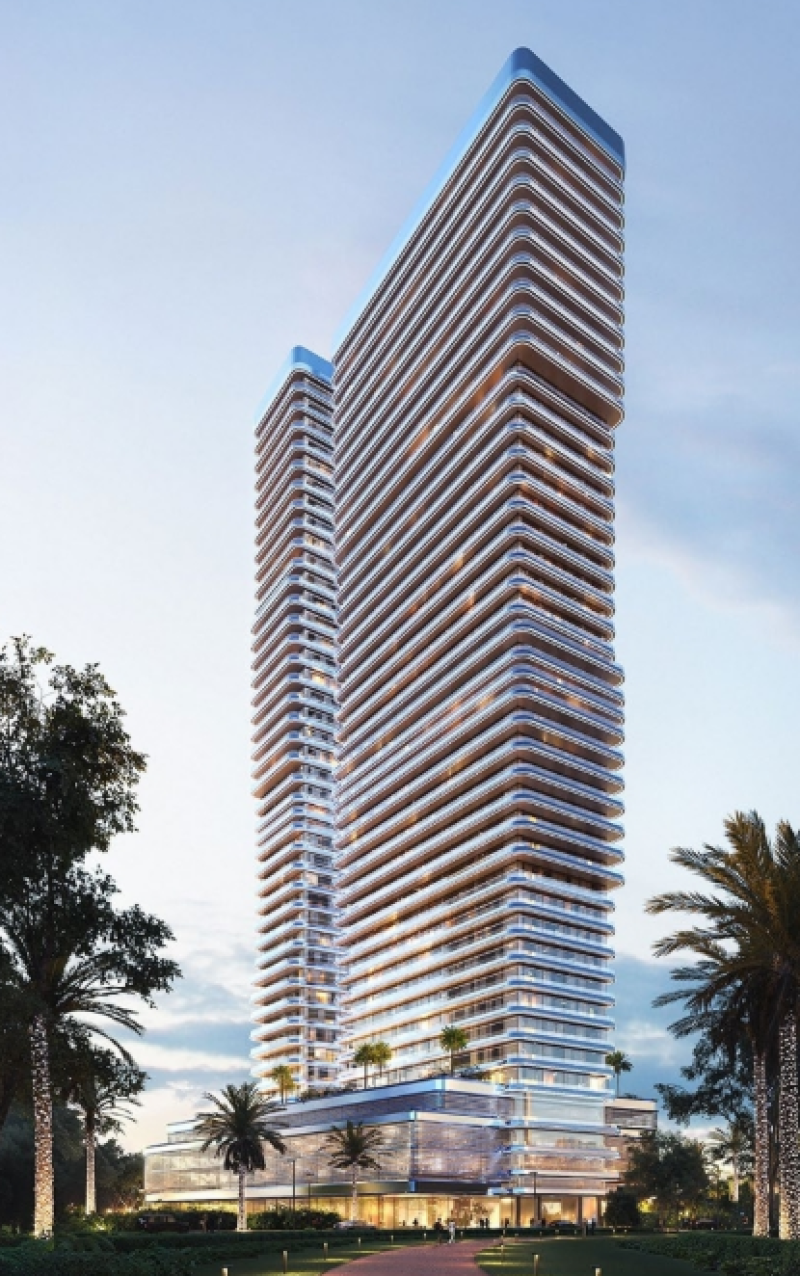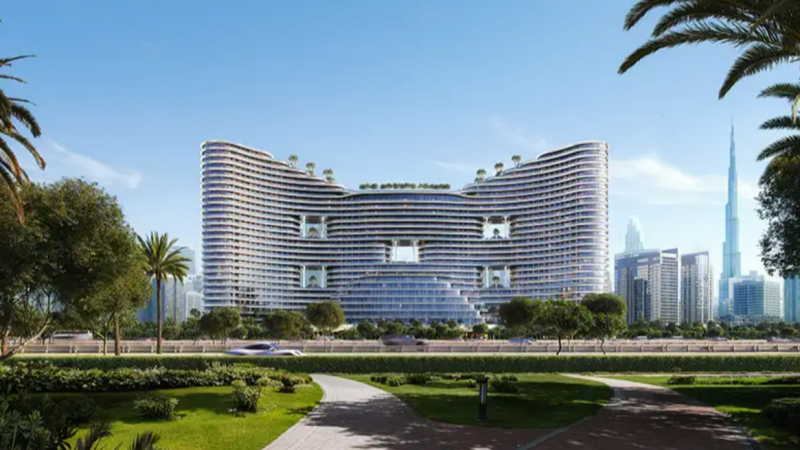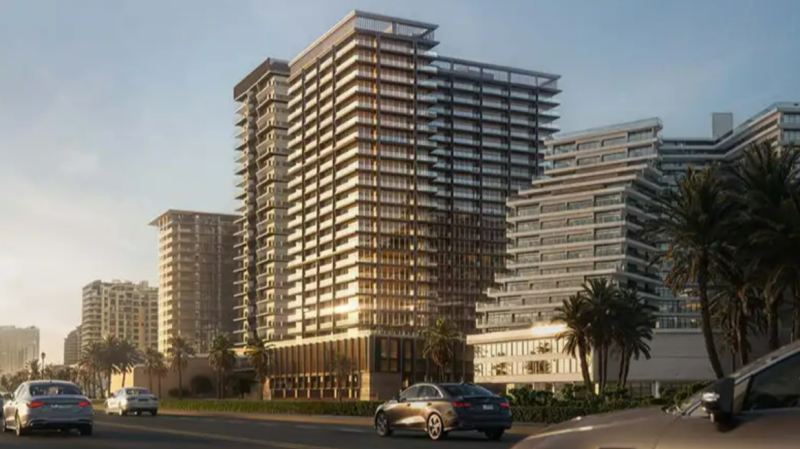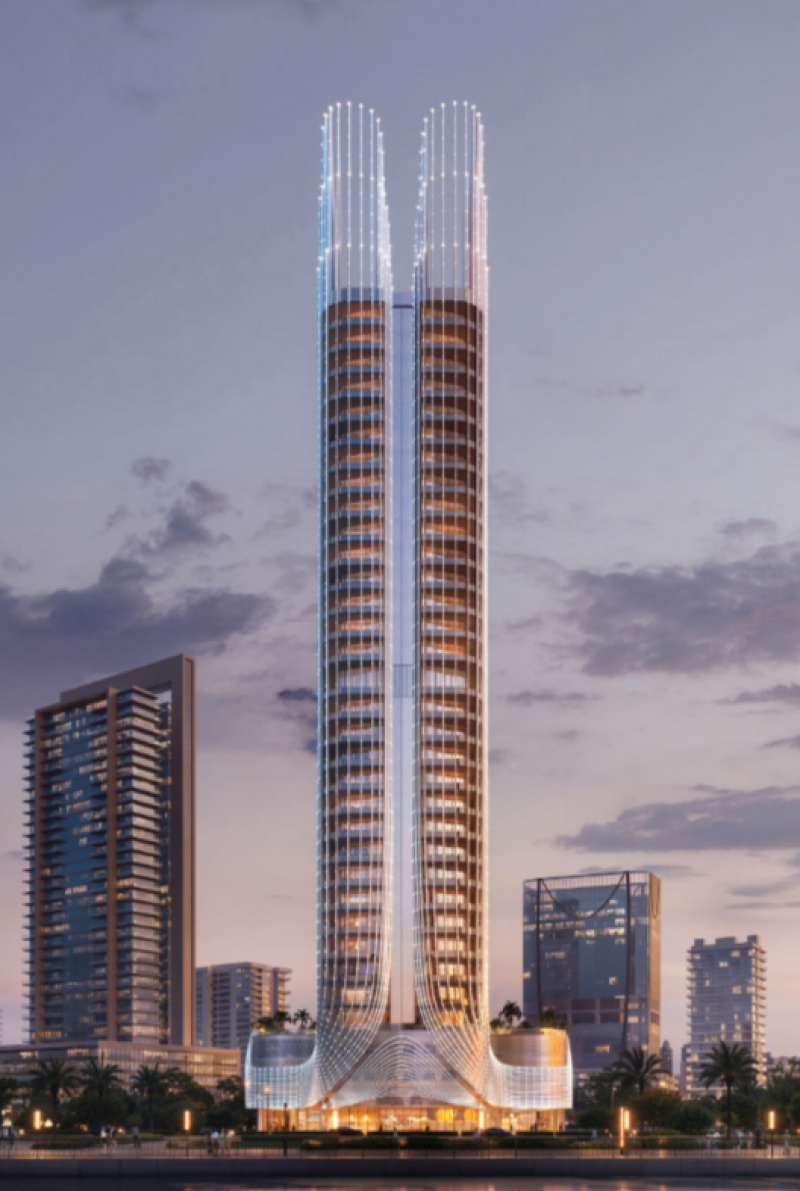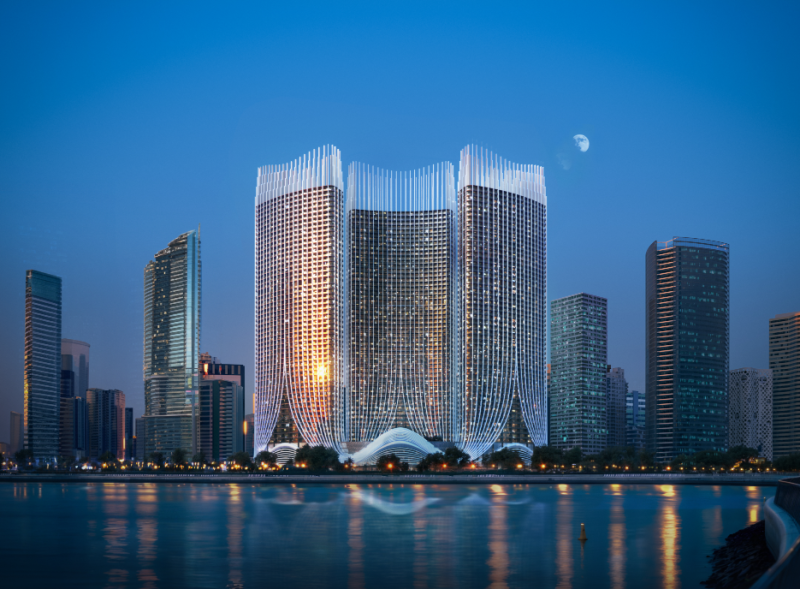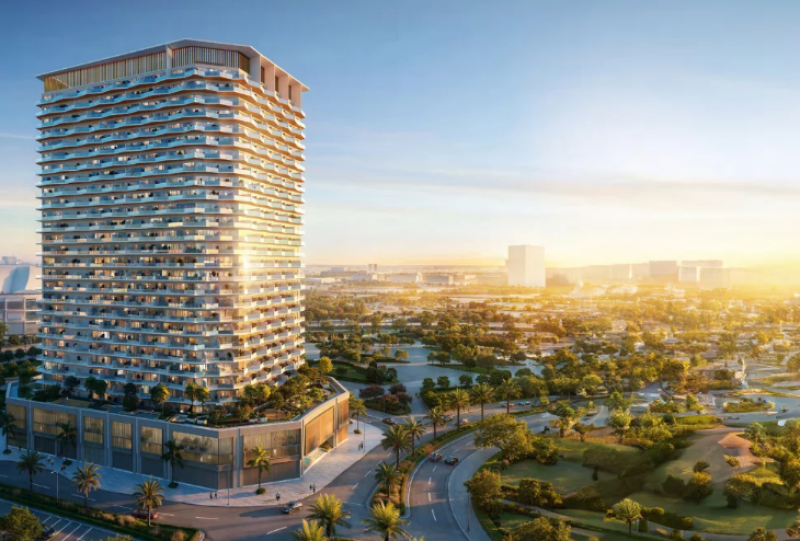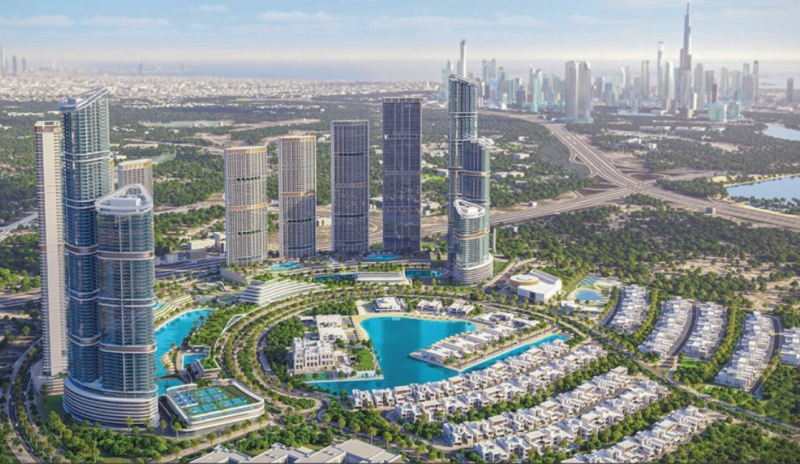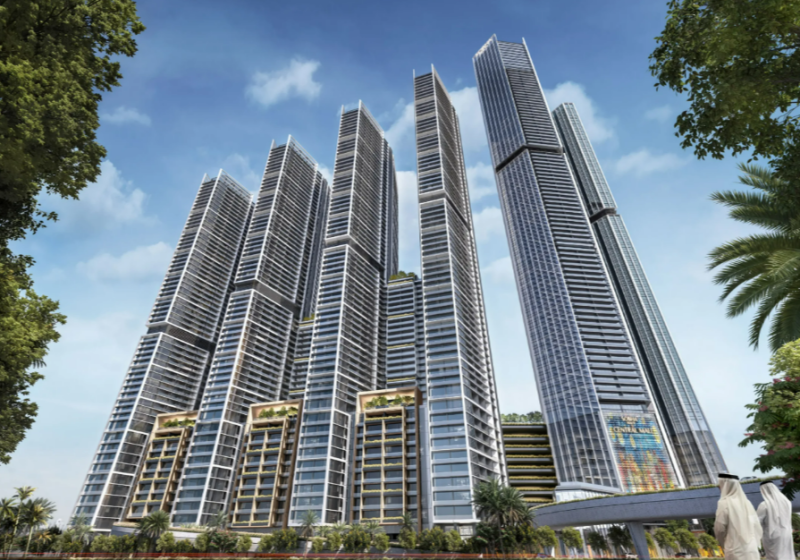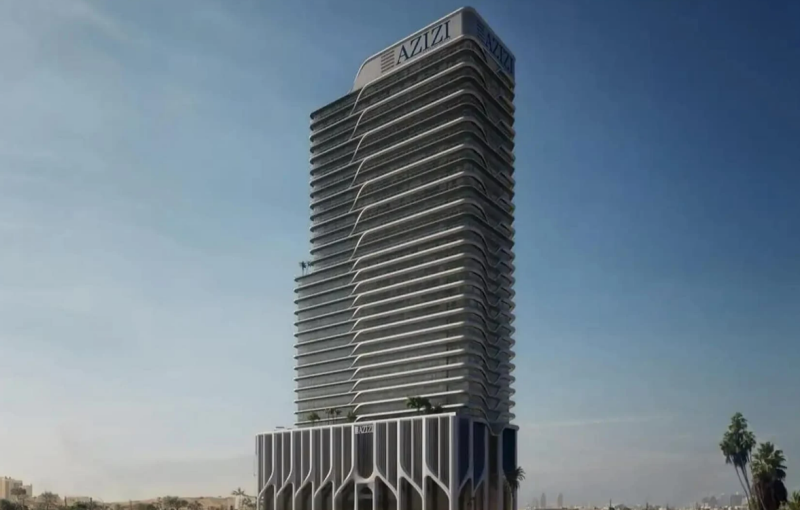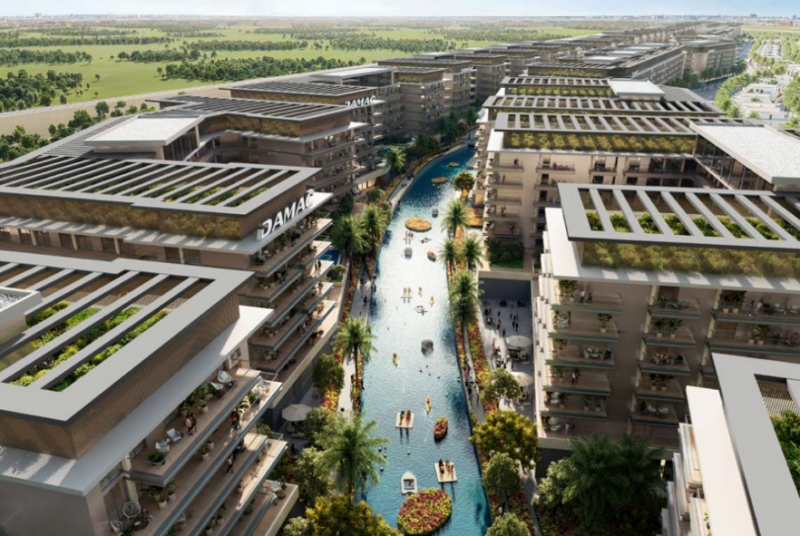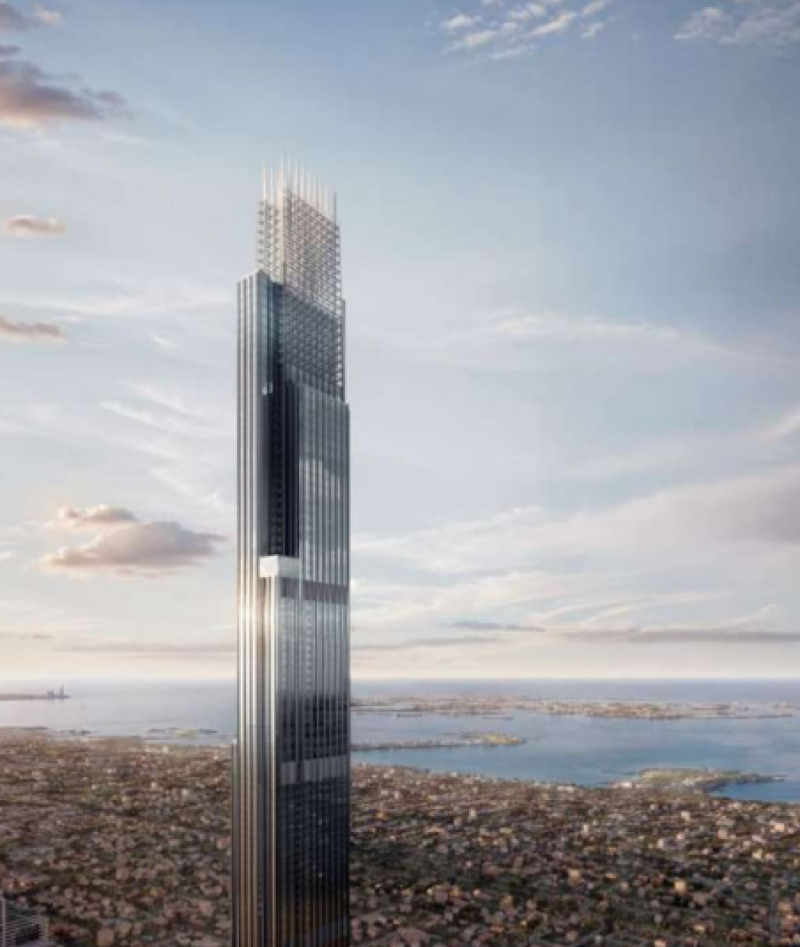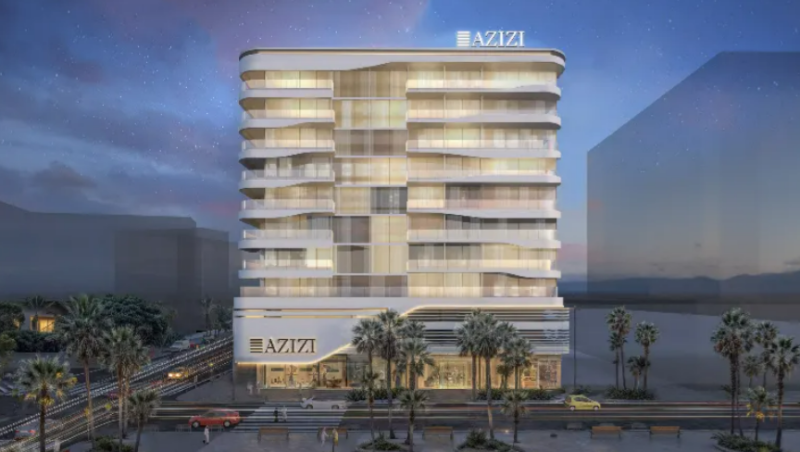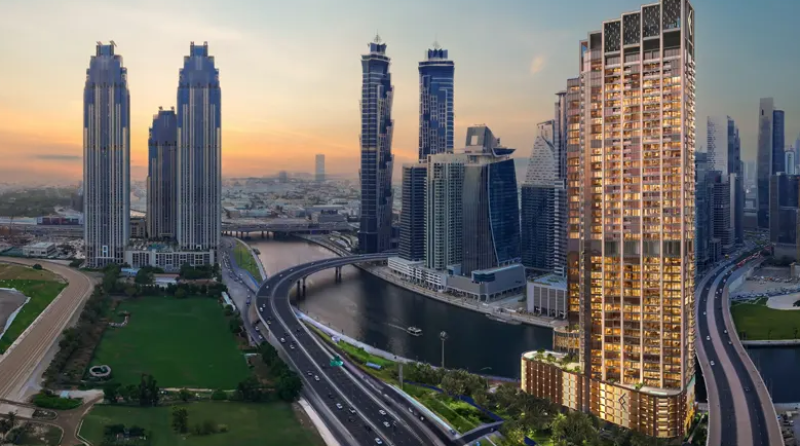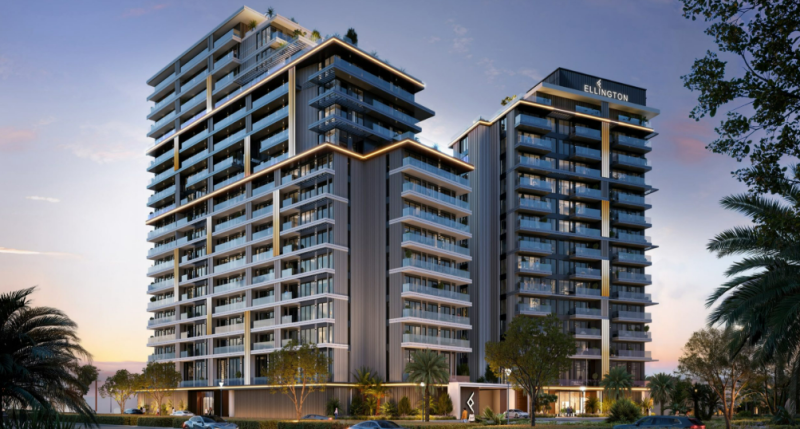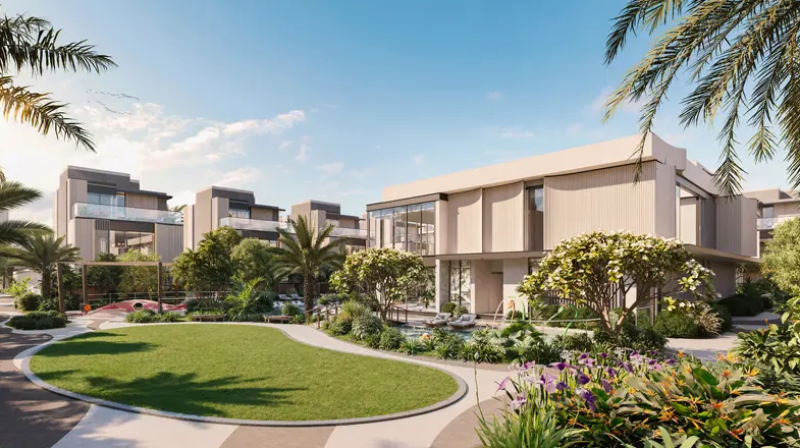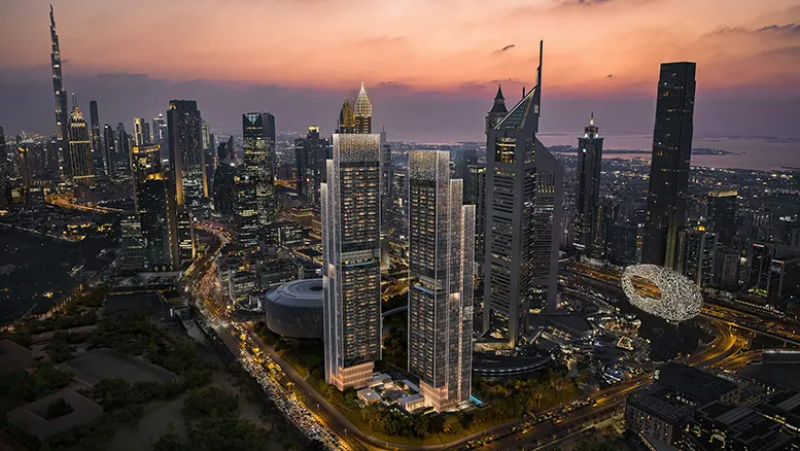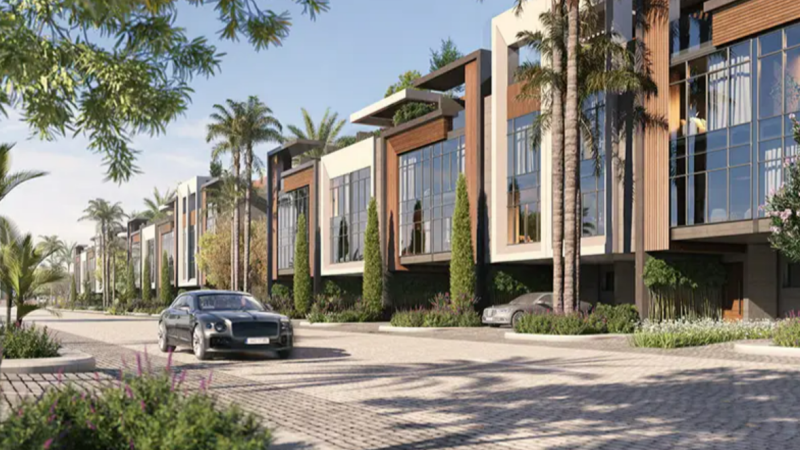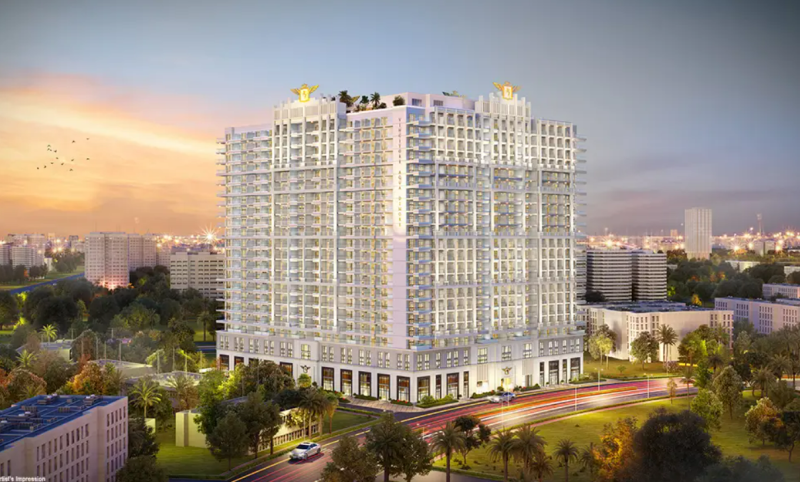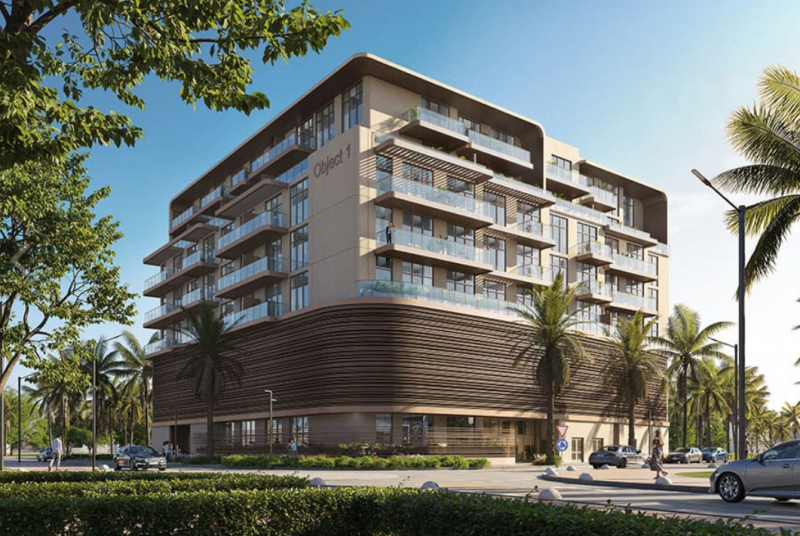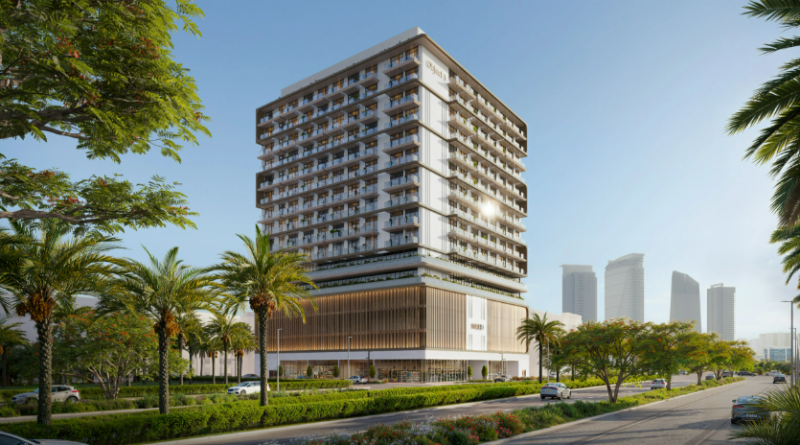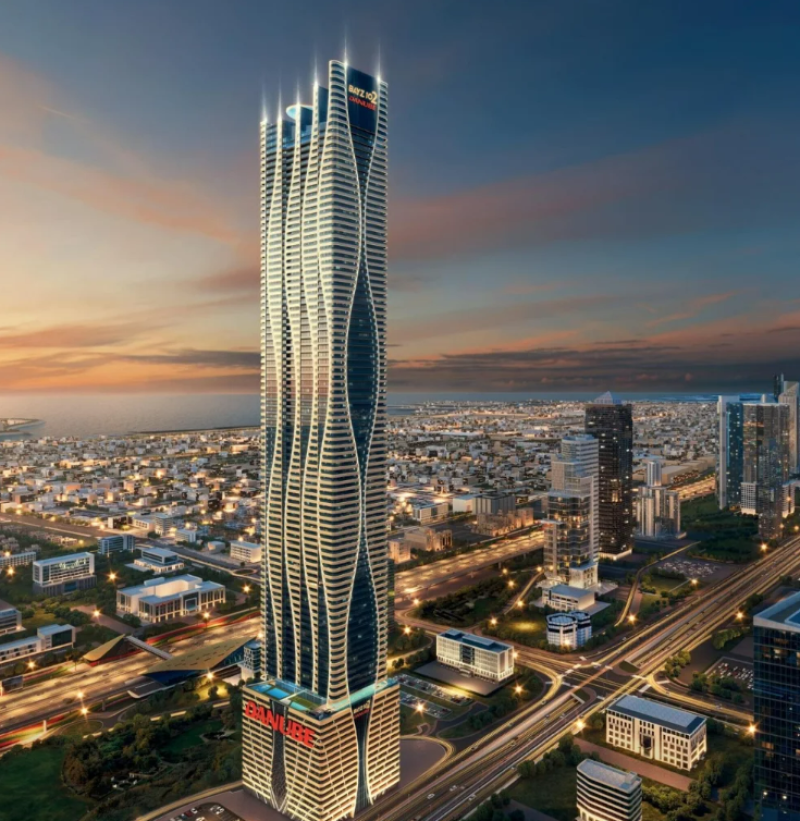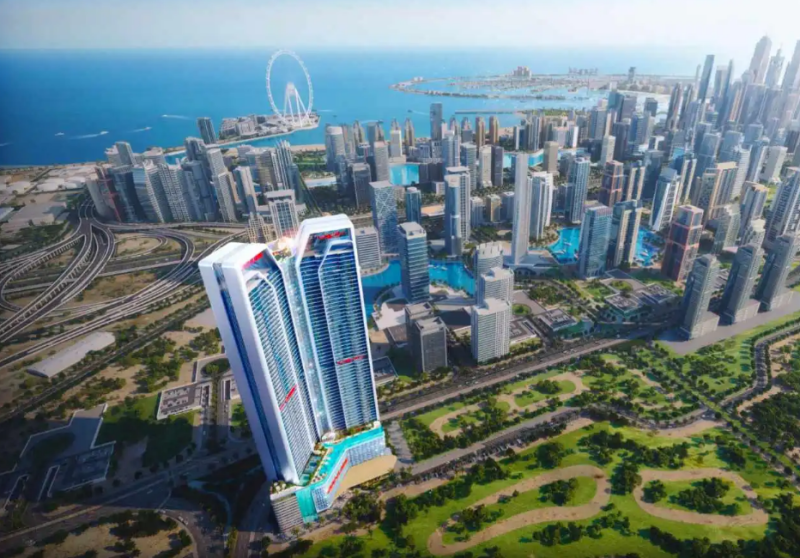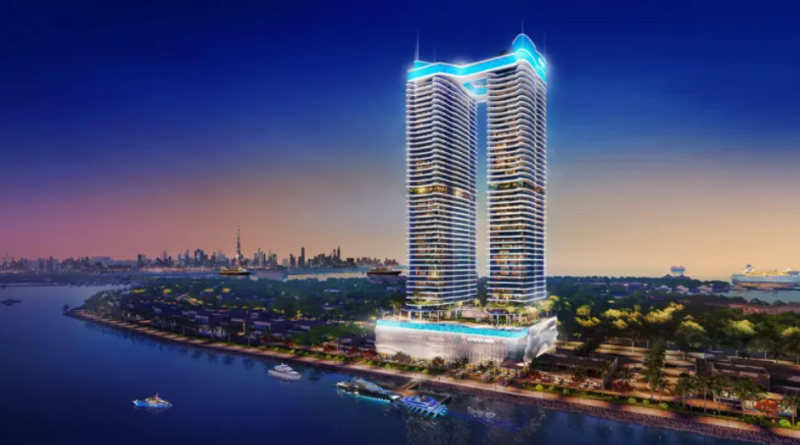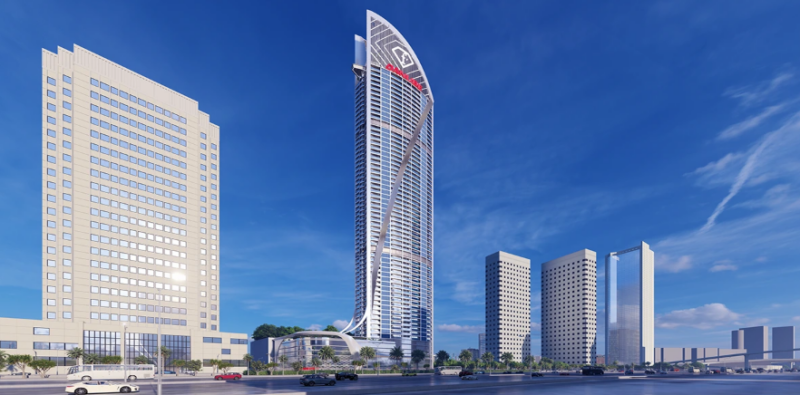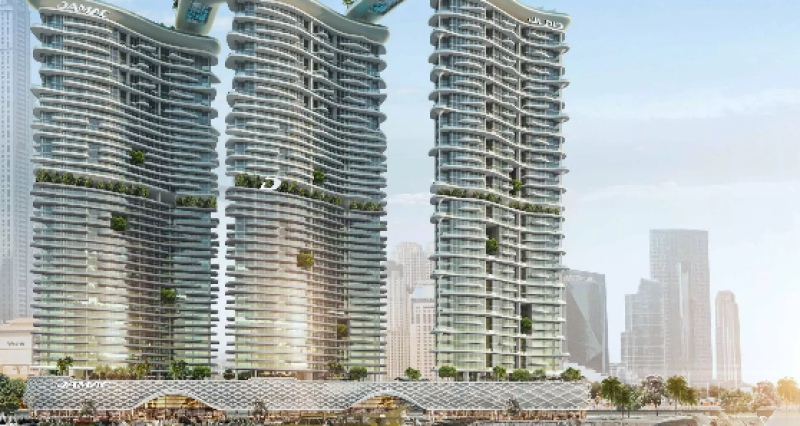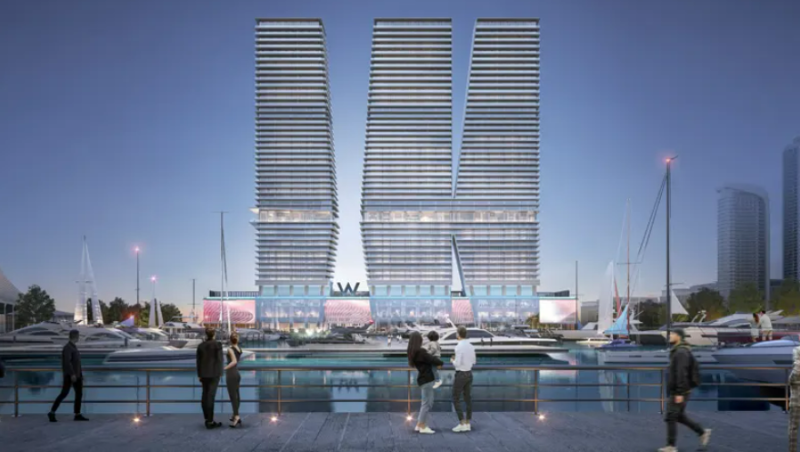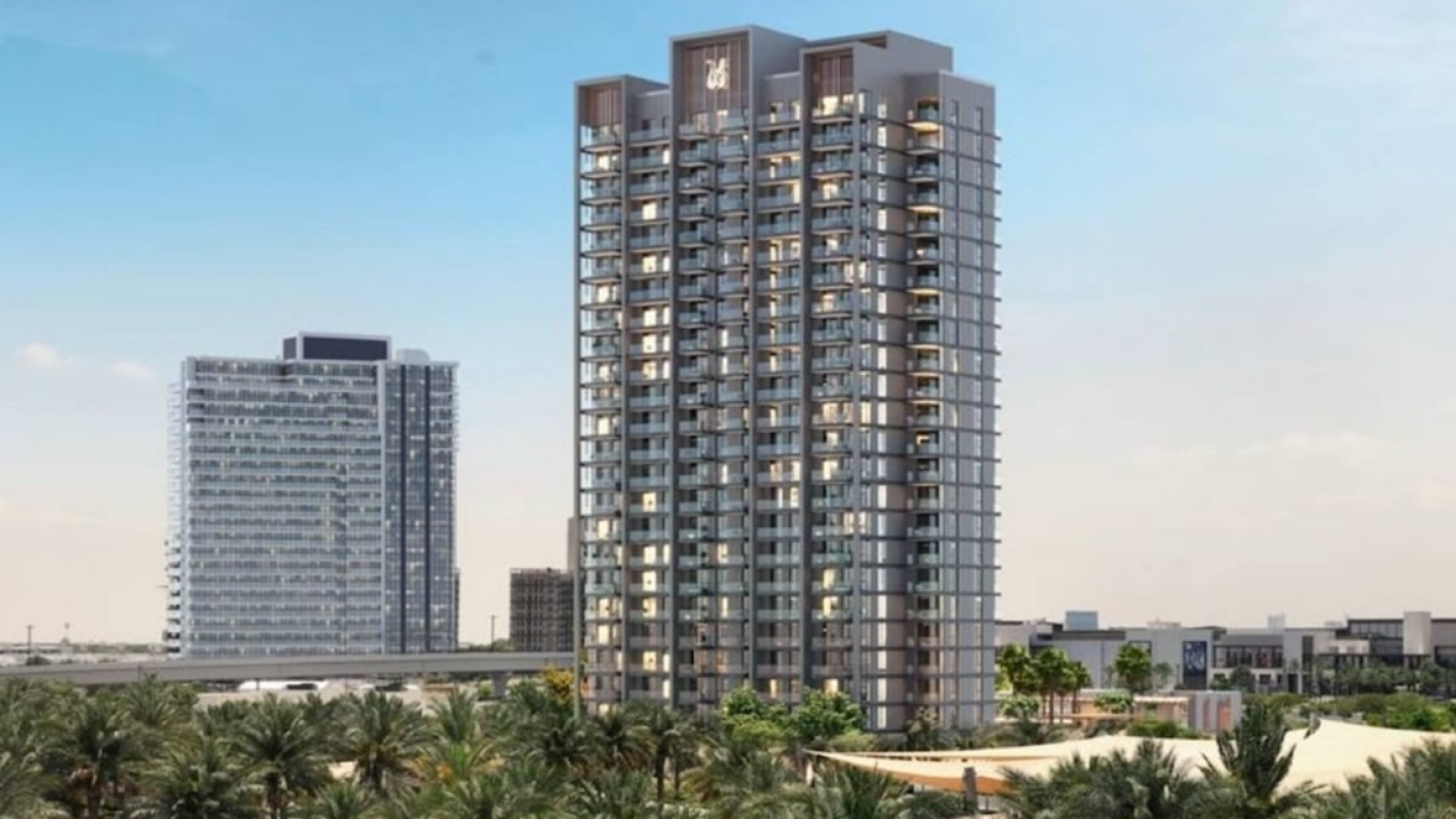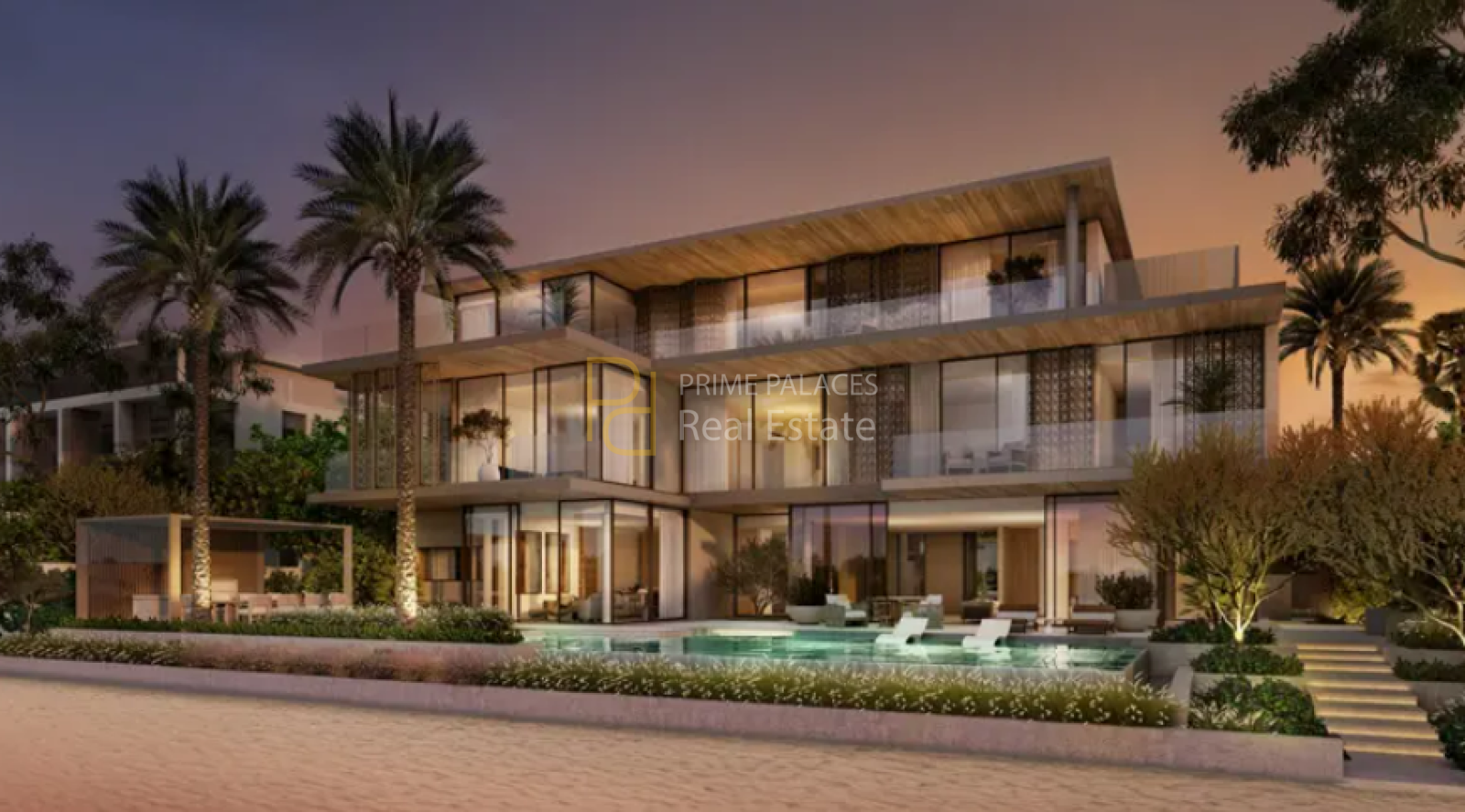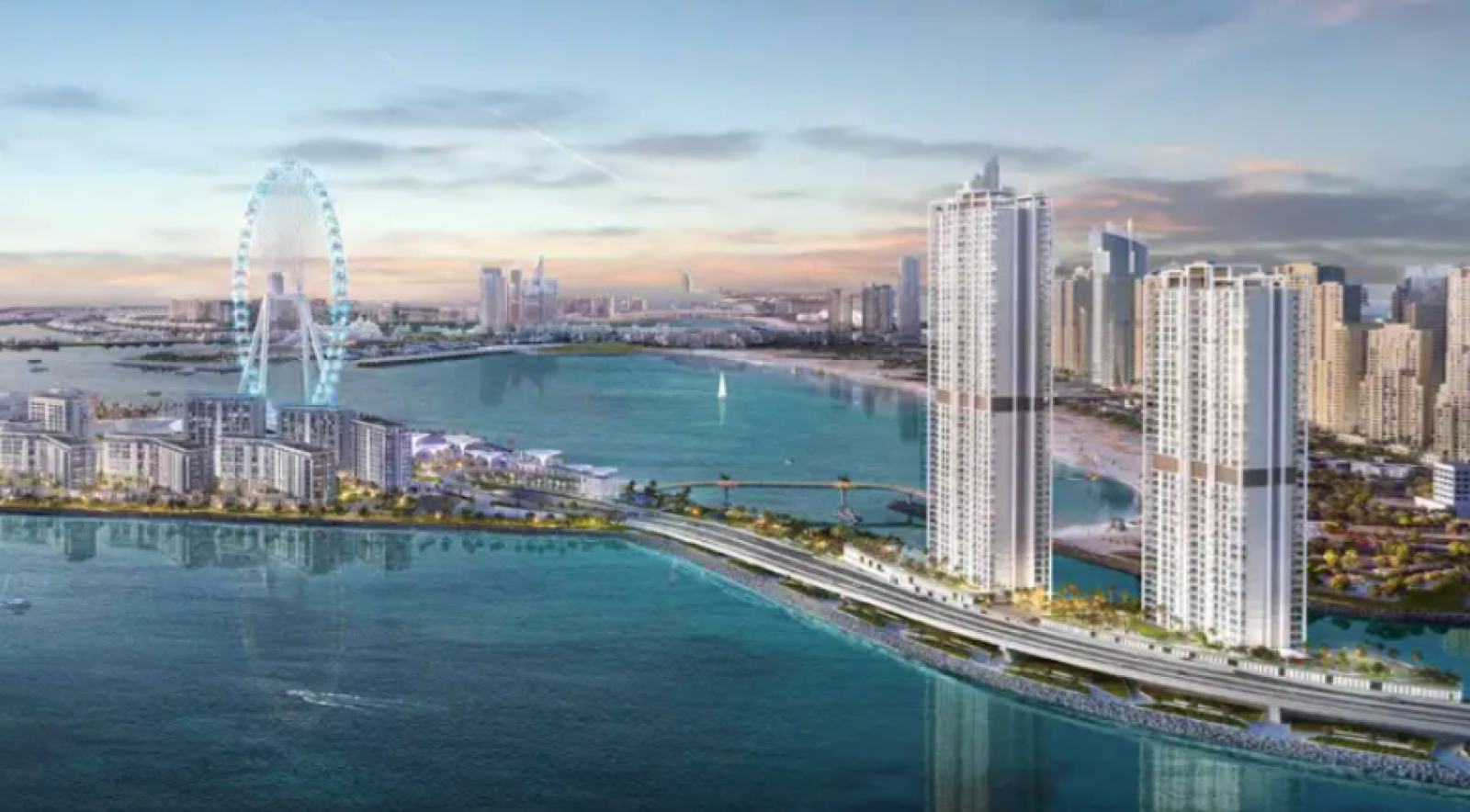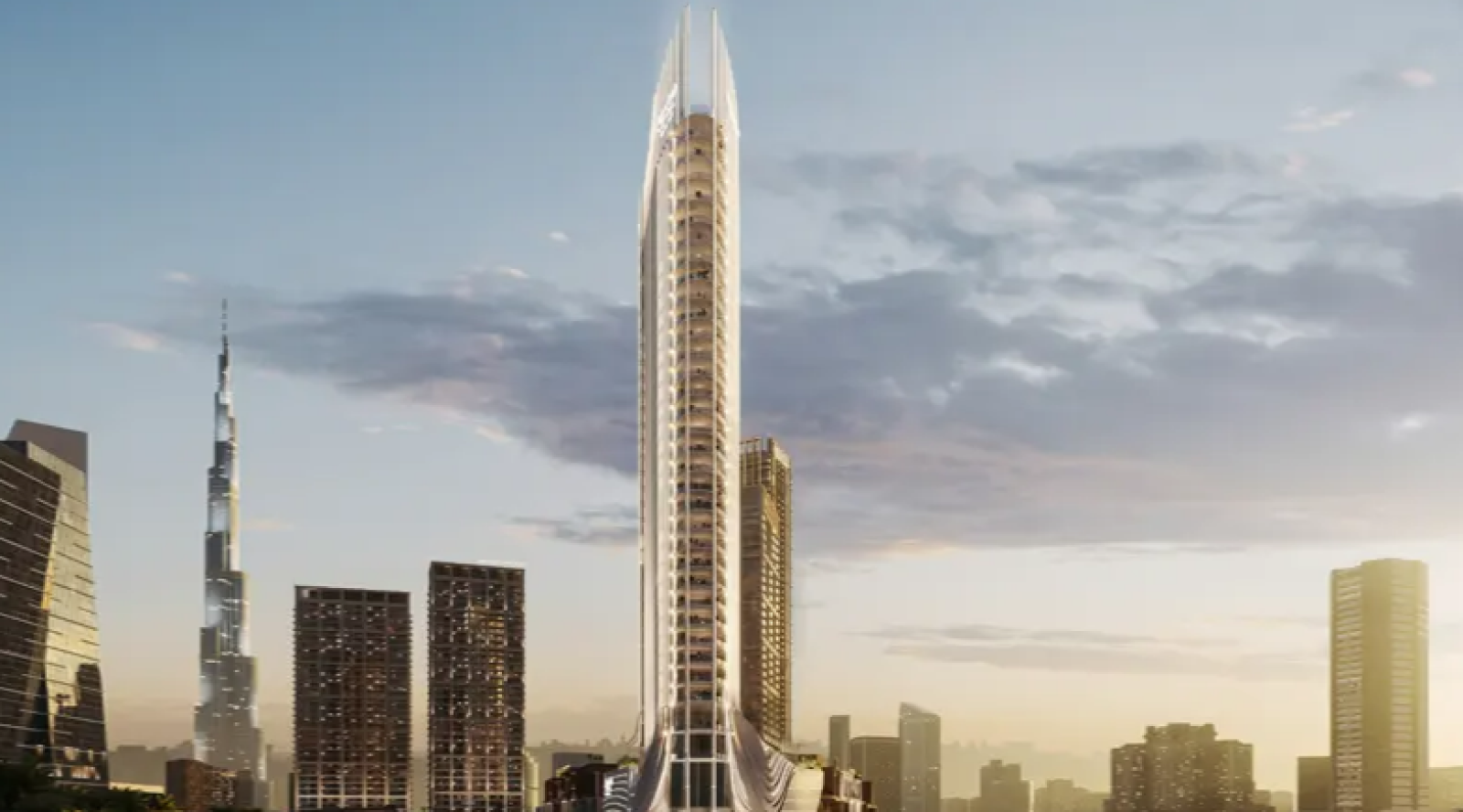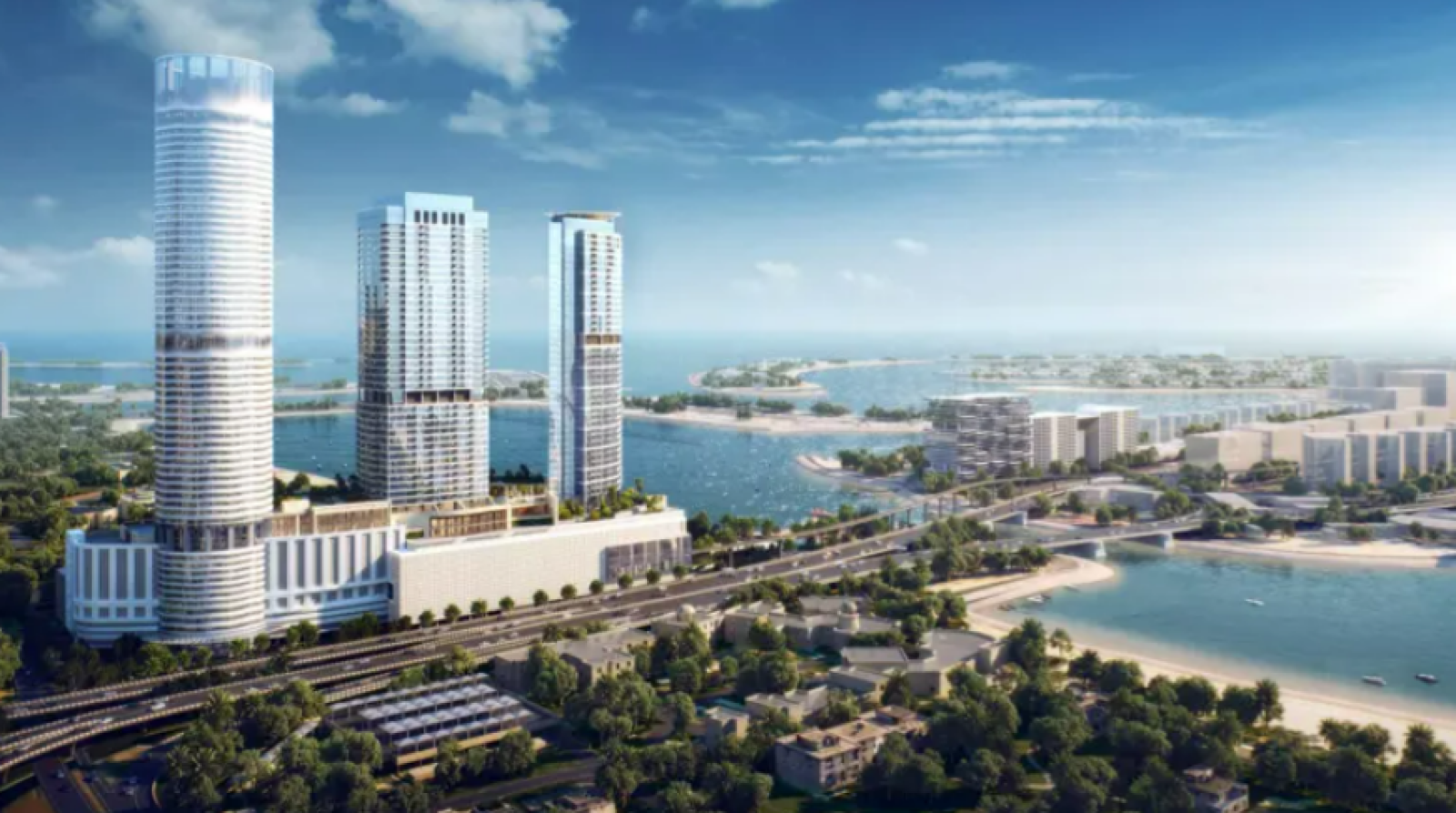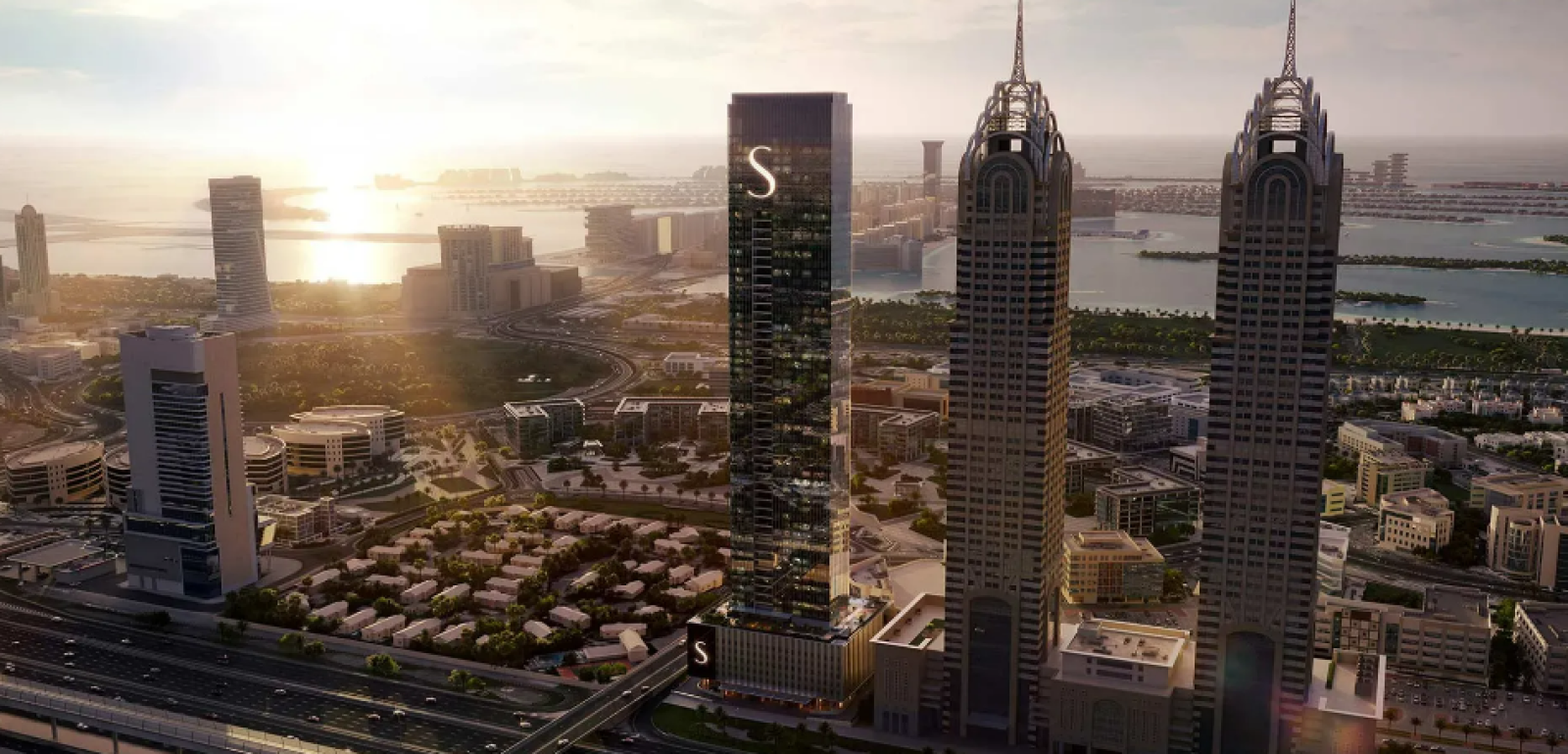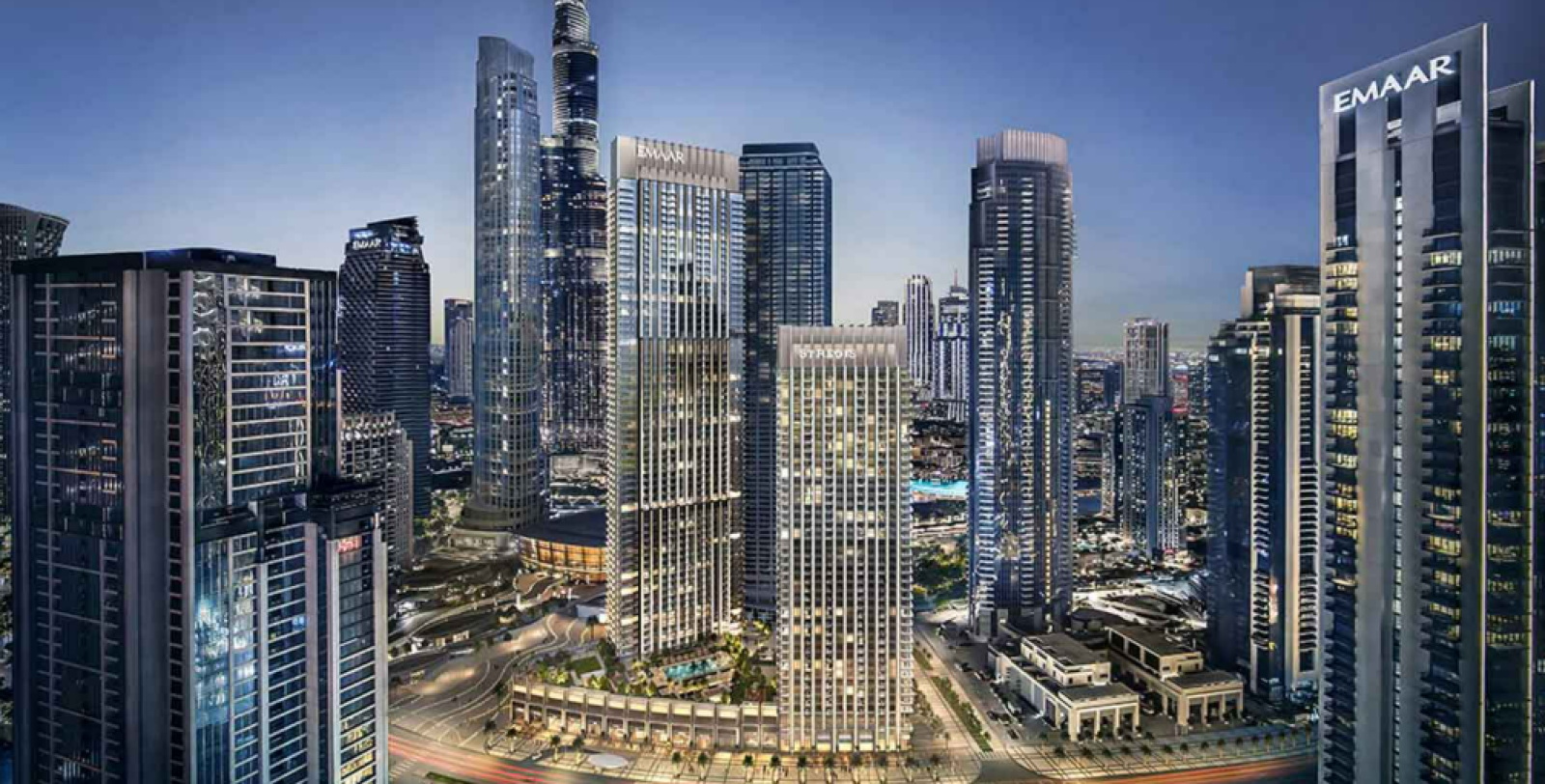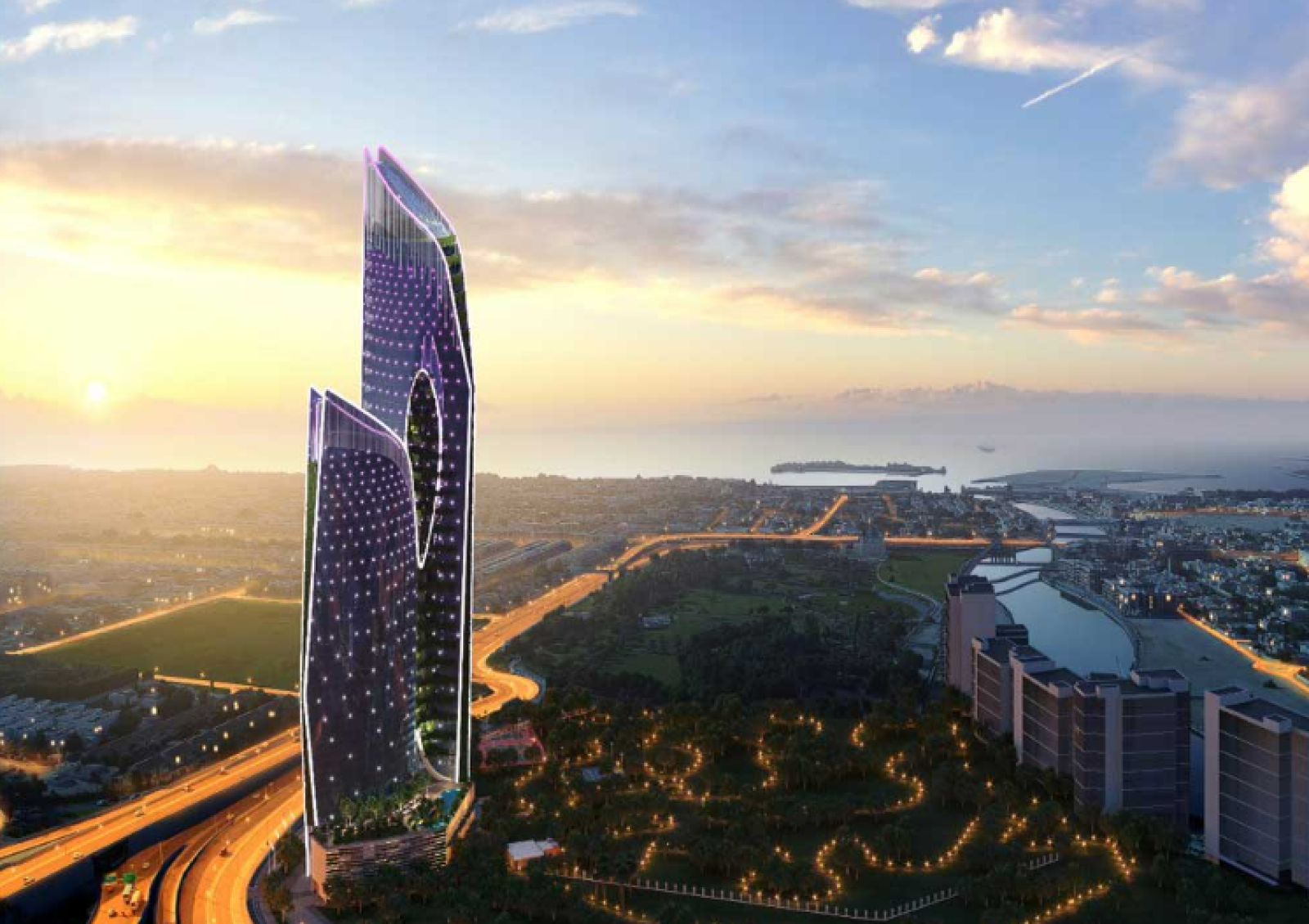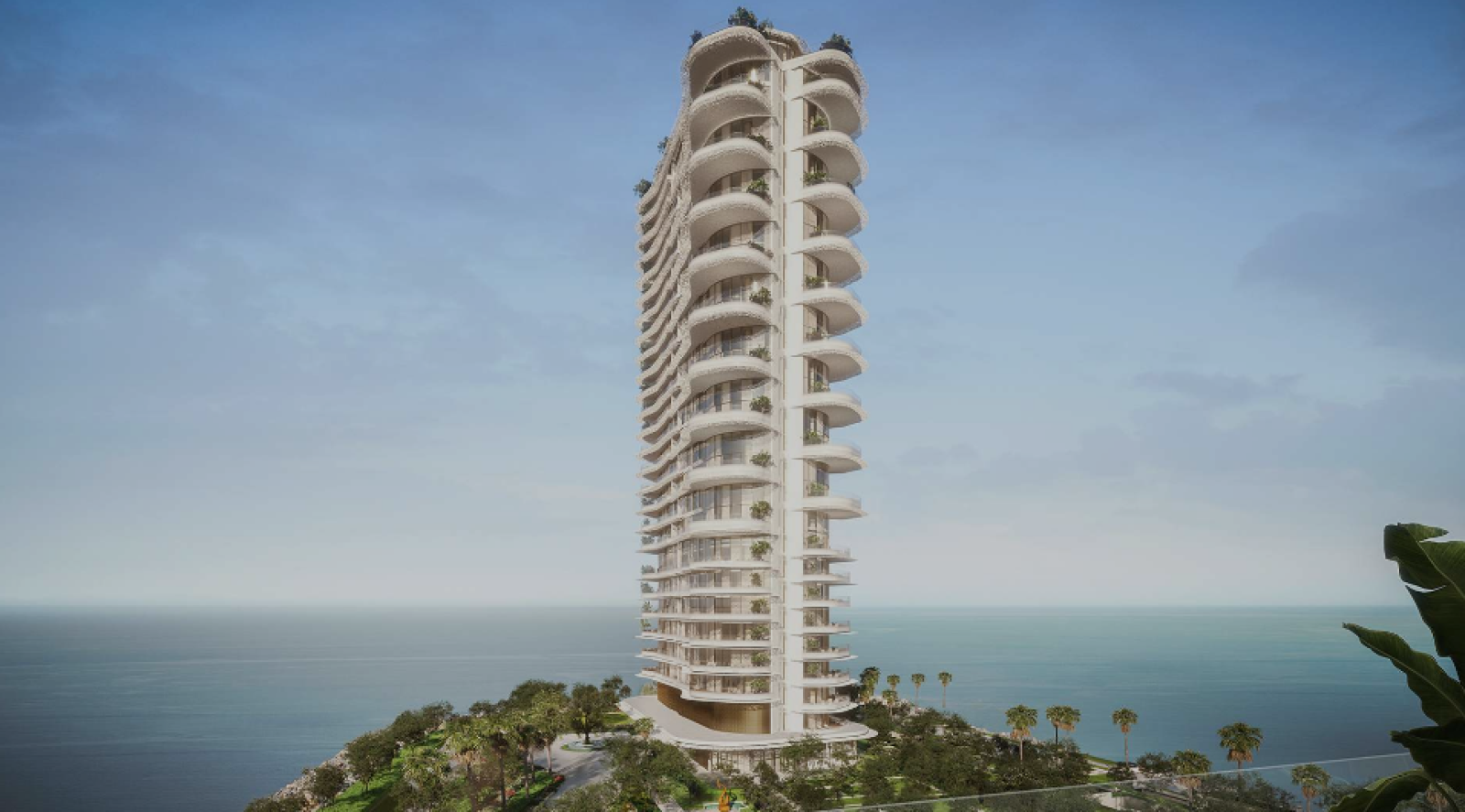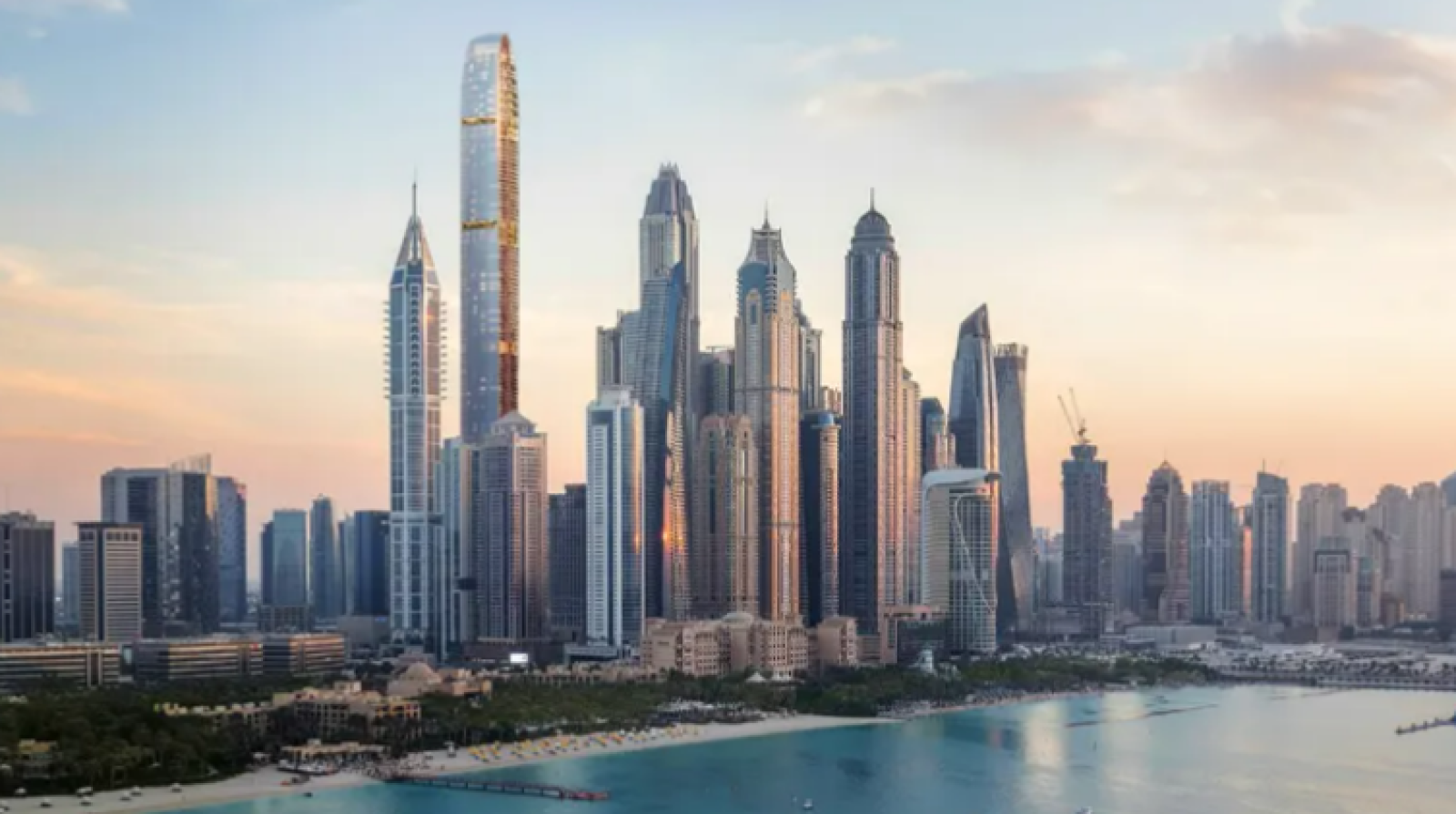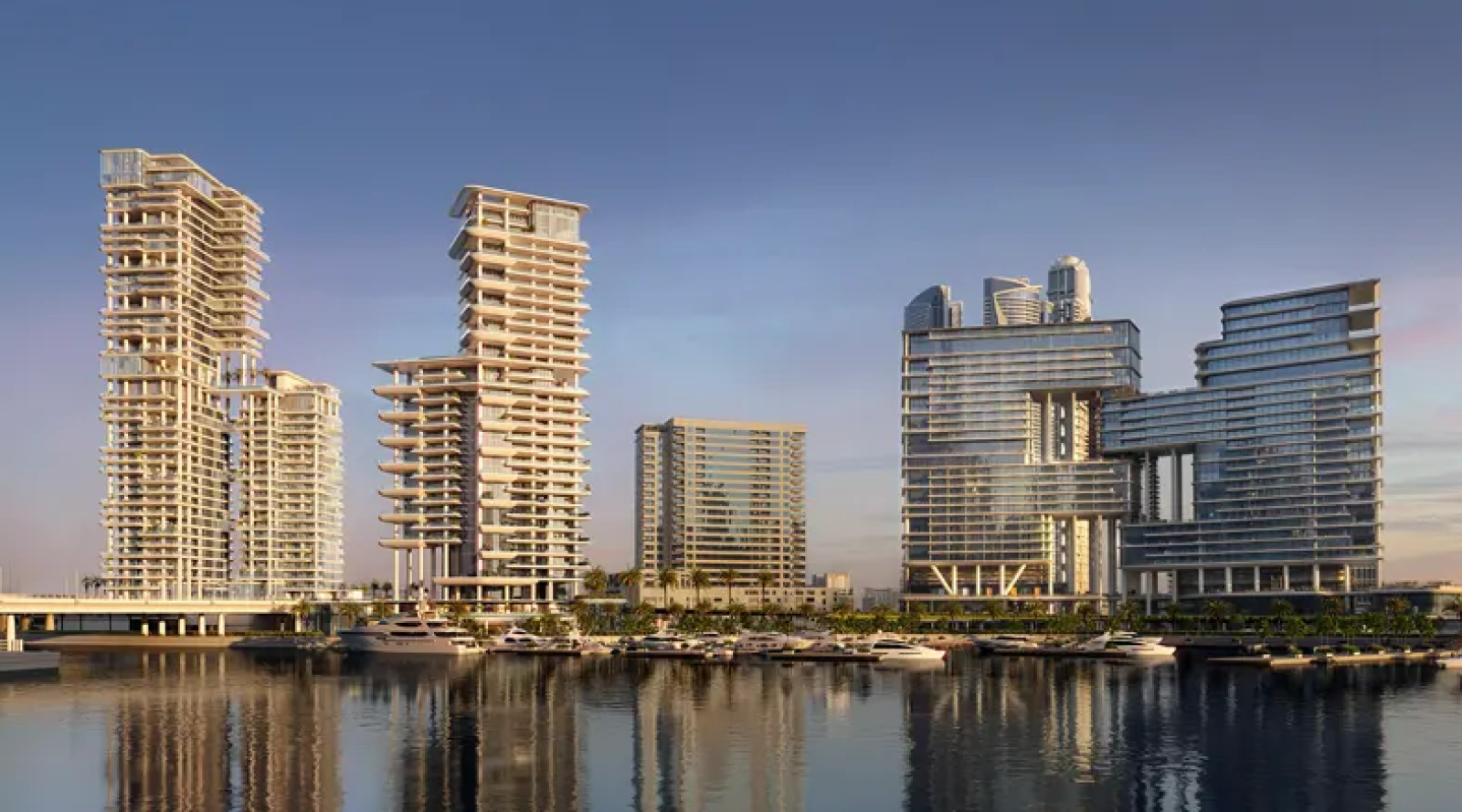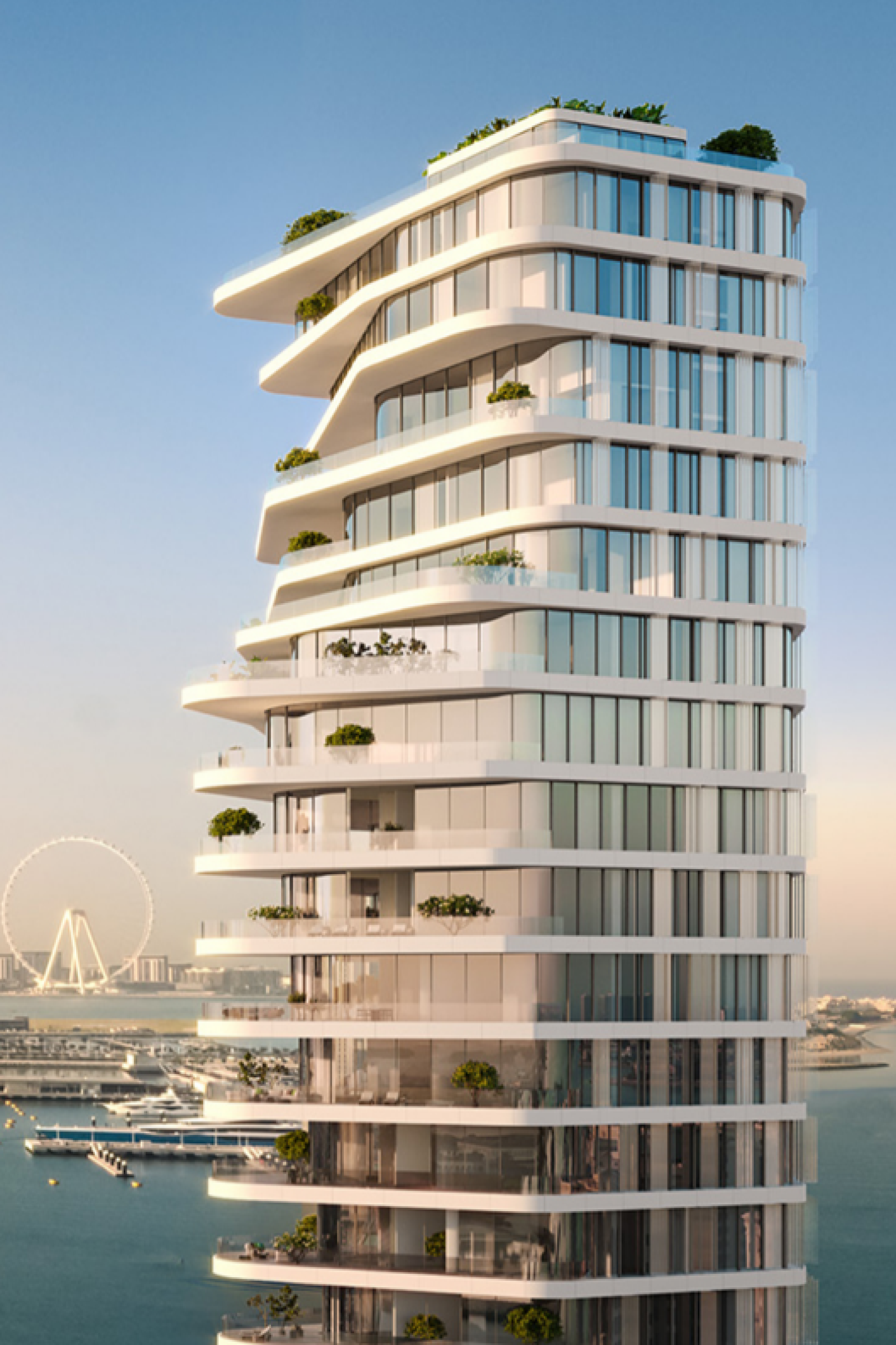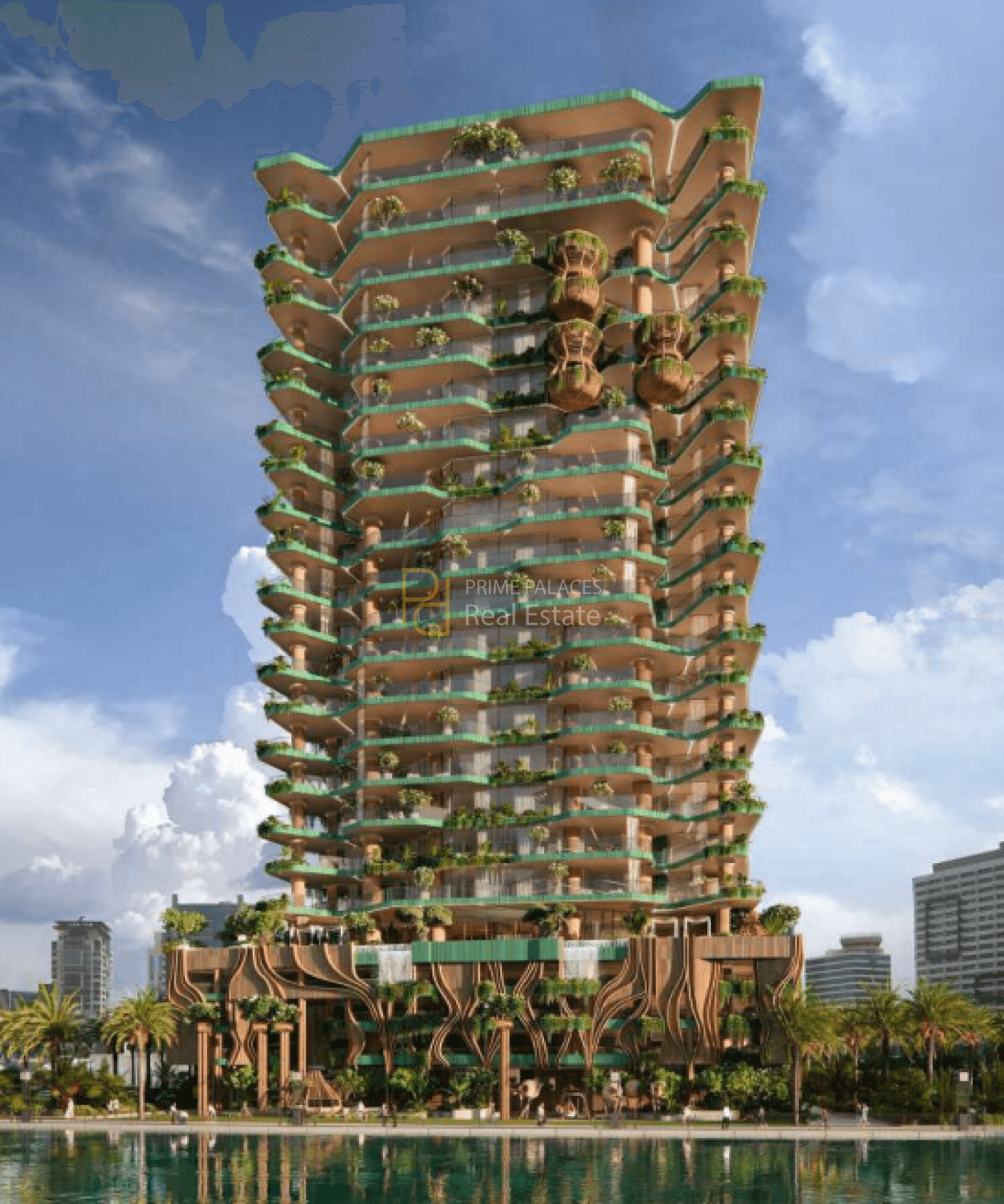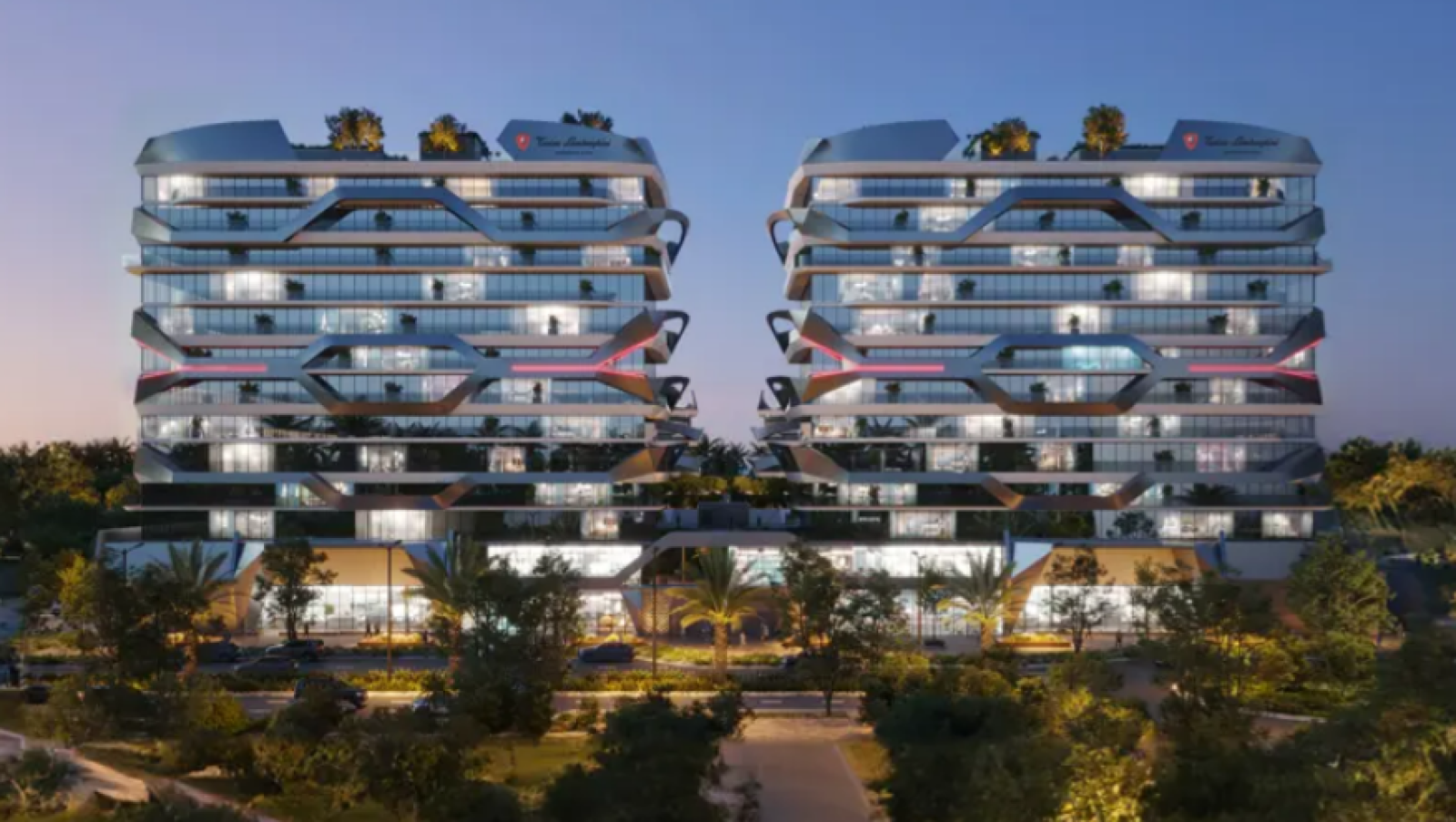Dubai’s Property Market Embraces UK-Style Transparency and Data Intelligence
Dubai is taking significant strides in transforming its real estate sector, adopting transparency and data-driven frameworks inspired by the UK property market. Long admired for its clarity, accessibility of pricing data, and standardized regulatory processes, the UK market has become a global benchmark for consumer-centric real estate operations. Now, Dubai real estate is following suit—with new digital tools and regulatory reforms changing the way the market functions.
At the center of this evolution is DXBinteract, a property analytics platform developed by fäm Properties. It offers verified transaction data, historical price tracking, and market trend analysis, becoming an indispensable resource for agents, investors, and end-users who prioritize facts over marketing claims.
Raising the Bar on Transparency
In the UK, platforms like Rightmove and Zoopla have long provided access to historical pricing, market timeframes, and government-published sales records. Buyers are now accustomed to seeing detailed listings that include lease terms, council tax, and building tenure—well before scheduling a viewing.
Dubai is rapidly closing that gap. The Dubai Land Department (DLD) has expanded public access to transaction data, empowering consumers with better decision-making tools. DXBinteract, in particular, is enabling a culture of price transparency by making verified data accessible to the public—something previously rare in regional property markets.
While the platform doesn’t yet offer metrics like building energy classification or detailed lease structures, its impact on market credibility is already being felt.
Commercial Sector Joins the Data Shift
This transformation extends beyond residential real estate. Dubai’s commercial property market is also aligning with global trends, particularly in sustainability compliance. In the UK, it's now illegal to lease commercial properties with poor energy ratings—a policy shift that’s influencing international investor expectations.
Dubai developers are increasingly incorporating green certifications like BREEAM and LEED, as sustainability becomes a prerequisite rather than a selling point. Global tenants are demanding energy metrics and performance benchmarks before signing leases, prompting a wave of performance-focused upgrades across commercial spaces in the city.
Investor Confidence and Market Efficiency
For investors, this evolution signals stronger accountability and reduced risk. A transparent market supported by credible data tools enables smarter, faster decision-making and makes Dubai more competitive on the global investment map.
Industry leaders see tools like DXBinteract evolving into the regional equivalent of UK platforms like Costar or EG Radius—offering localized insights but with global-grade credibility.
Conclusion
Dubai is entering a pivotal new phase—one where real estate transparency, data accessibility, and sustainability are no longer optional but expected. With platforms like DXBinteract leading the charge, and government bodies supporting greater openness, the emirate is well on its way to becoming one of the world’s most reliable and investor-friendly real estate destinations.
As Dubai’s property market continues to mature, it is not just matching global benchmarks—it’s poised to set new ones in tech-enabled, data-backed urban real estate.

